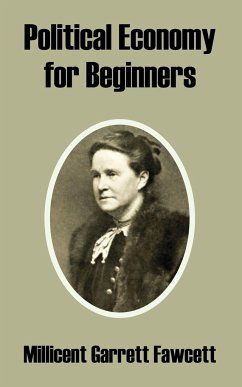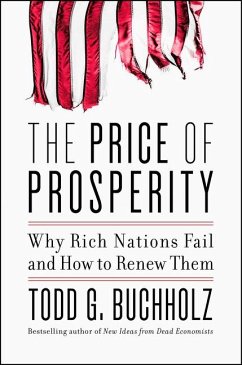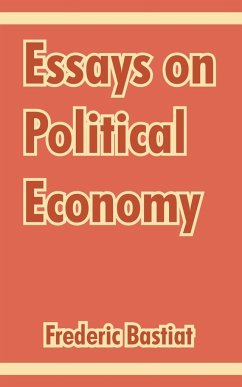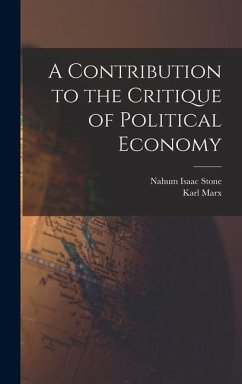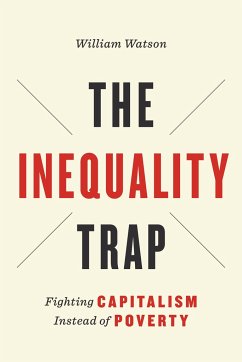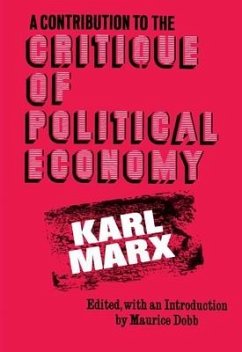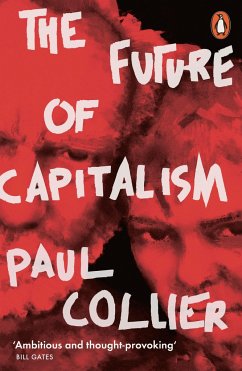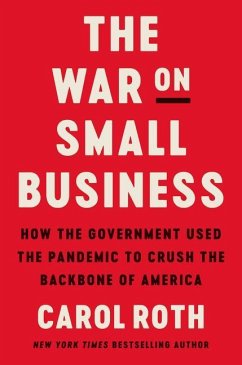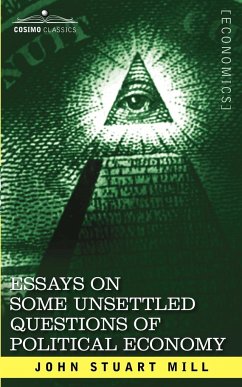
Essays on Some Unsettled Questions of Political Economy
Versandkostenfrei!
Versandfertig in 1-2 Wochen
18,99 €
inkl. MwSt.
Weitere Ausgaben:

PAYBACK Punkte
9 °P sammeln!
In this 1844 collection of essays, most of which had not been previously published, one of the foremost figures of Western intellectual thought in the late 19th century tackles some technical matters of economics regarding international commerce and consumption. Required reading for anyone wishing a thorough foundation in modern economics, this work includes the essays: . "Of the Laws of Interchange Between Nations; and the Distribution of the Gains of Commerce Among the Countries of the Commercial World" . "Of the Influence of Consumption on Production" . "On the Words Productive and Unproduc...
In this 1844 collection of essays, most of which had not been previously published, one of the foremost figures of Western intellectual thought in the late 19th century tackles some technical matters of economics regarding international commerce and consumption. Required reading for anyone wishing a thorough foundation in modern economics, this work includes the essays: . "Of the Laws of Interchange Between Nations; and the Distribution of the Gains of Commerce Among the Countries of the Commercial World" . "Of the Influence of Consumption on Production" . "On the Words Productive and Unproductive" . "On Profits, and Interest" . "On the Definition of Political Economy; and on the Method of Investigation Proper to It" English philosopher and politician JOHN STUART MILL (1806-1873) served as an administrator in the East Indian Company from 1823 to 1858, and as a member of parliament from 1865 to 1868. Among his essays on a wide range of political and social thought are Principles of Political Economy (1848), Considerations on Representative Government (1861), and The Subjection of Women (1869).




